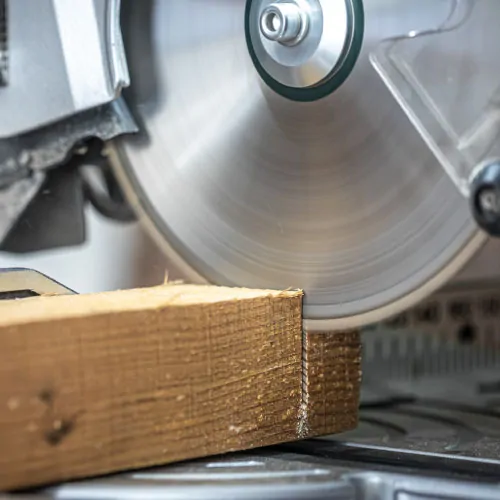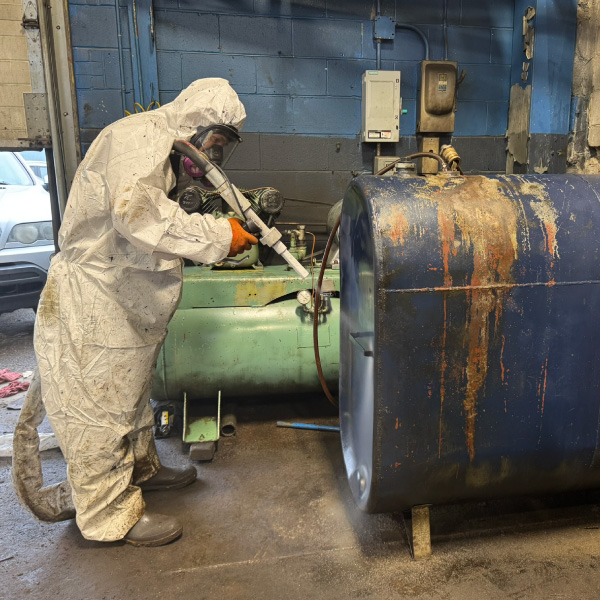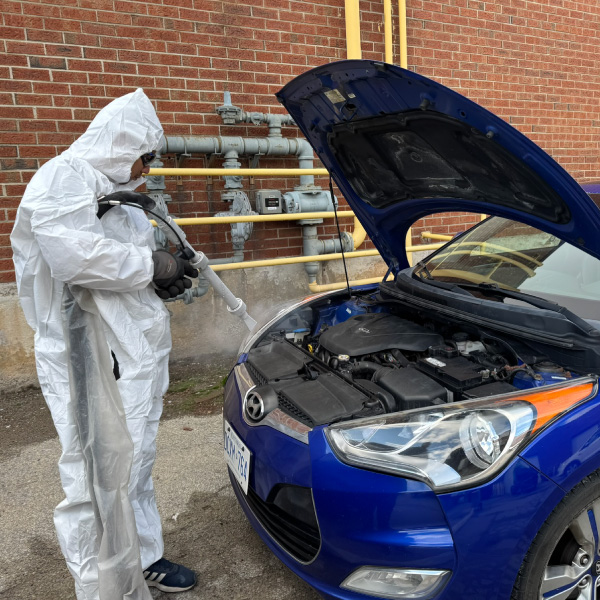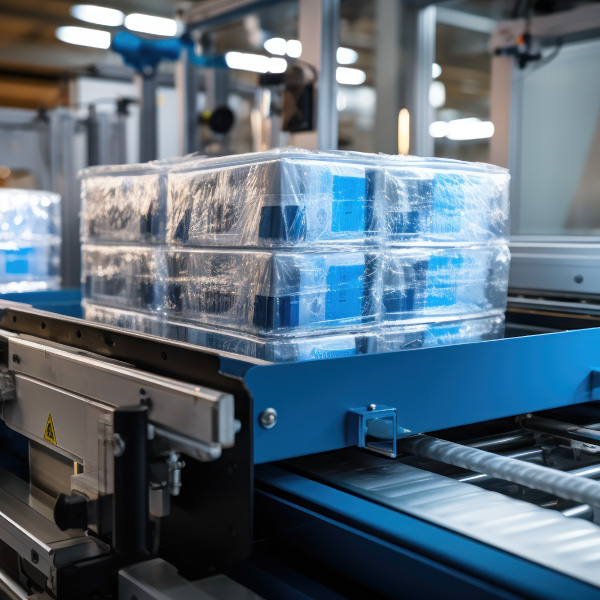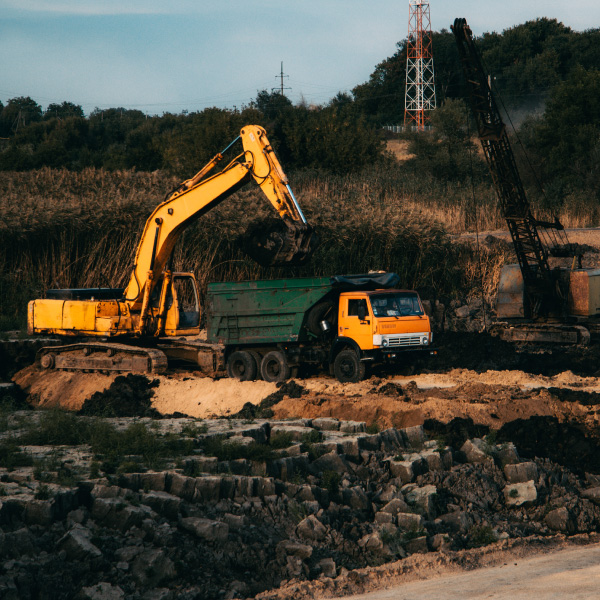Dry ice blasting | INDUSTRIES APPLICATIONS
Electrical Power
Contact us Now
Impact of Dry Ice Blasting on:
Electrical Power

Non-Abrasive Cleaning
Dry ice blasting is a non-abrasive cleaning method, which makes it ideal for cleaning sensitive electrical equipment like transformers, circuit breakers, and control panels. It removes dirt, dust, and contaminants without damaging the equipment or components.
No Residue Left Behind
Since the dry ice pellets sublimate into CO2 gas upon impact, there is no residue or secondary waste left behind. This is particularly important in the electrical power industry, where any leftover materials could pose a risk of electrical short circuits or other malfunctions.
Safe for Electrical Components
Dry ice blasting is safe for delicate electrical components as it doesn't involve water, chemicals, or solvents. Traditional cleaning methods, such as pressure washing or chemical solvents, can damage electrical systems, but dry ice blasting eliminates this risk while achieving effective cleaning.
Efficient and Time-Saving
It significantly reduces the time required for cleaning tasks, as it can remove contaminants quickly and effectively, minimizing downtime for critical electrical systems and machinery. This is especially important in the electrical power industry, where system reliability and uptime are crucial.
Preventive Maintenance
Regular cleaning with dry ice blasting can help prevent the buildup of dust, dirt, or other conductive particles on electrical components, which can affect performance or lead to overheating. This proactive approach extends the lifespan of electrical equipment and helps avoid costly repairs.
Eco-Friendly
The use of solid CO2 in dry ice blasting makes it an environmentally friendly option for the electrical power industry. It doesn't introduce harmful chemicals or produce toxic waste, which is important for maintaining compliance with environmental regulations.
Safe for High-Voltage Areas
Since dry ice blasting doesn’t involve water or liquids, it can be safely used in high-voltage environments where water-based cleaning methods would pose a risk of electric shock or equipment damage.




